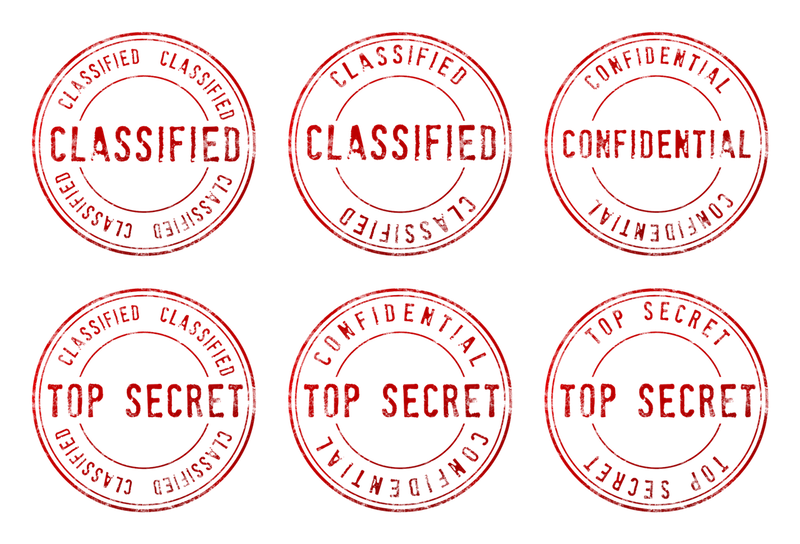
Op-ed: Are leaks in the public interest?
The following is an op-ed written by Professor Emeritus Paul Thomas, political studies. It was originally published in the Winnipeg Free Press on May 2, 2017.
Leaks have always been part of the governing process. Recently, however, they seem to occur more frequently and encourage more outrage from government officials. Ministers and senior public servants claim leaks do serious harm to the quality of debate and decision-making within cabinet and undermine the confidence of ministers in the public service and its norms of professional responsibility and loyalty to the government of the day.
On the other hand, outside commentators, especially in the media, insist that leaking can result in issues being opened up to scrutiny that would otherwise be concealed. When there is illegality, dishonesty, gross incompetence or irreversible harm involved with government actions and deceptive communications about those actions, leaking in the public interest can be justified.
The argument here is that a polarized choice of seeing leakers as either sinners or saints is artificial when it comes to understanding the heterogeneous and complex phenomenon of leaking.
The classic definition of a leak is the intentional and illegal disclosure of classified information without authorization. There are laws and sanctions that are meant to prevent leaking. There are also informal social norms within government that are meant to supplement the formal disciplinary procedures for dealing with leakers.
Leaking v. Whistleblowing
It is crucial to distinguish leaking from whistleblowing, which involves the good-faith disclosure of information about serious wrongdoing within government, through authorized procedures that qualify the whistleblower for protection against retaliation.
There are many different motivations, sources and types of leaks. Governments ritualistically condemn leakers, but sometimes they leak strategically for political purposes. Other motivations for leaking include to reveal abuse, to influence a policy debate, to test a response from a powerful interest group, to curry favour with a journalist, to seek revenge or to achieve notoriety.
Both low-level bureaucrats and senior policy officials can engage in leaking, but most leaks come from higher positions within government, leading to the expression that “the ship of state is the only vessel that leaks from the top.”
The scope of the leaked material varies widely. The leak by Edward Snowden of highly classified National Security Agency (NSA) documents through WikiLeaks is one of a growing number of examples of a “deluge” leak involving the dumping of a large treasure trove of sensitive documents into cyberspace. Such leaks pose new kinds of potential dangers, because it is inherently more difficult for leakers and publishers to minimize harms to institutions and individuals while maximizing the benefits to the public.
The problem is illustrated by Edward Snowden’s criticisms of WikiLeaks for the unfiltered way that it disclosed the NSA documents.
When leaks occur, governments rhetorically insist they will find the offender and apply the full force of the law. However, as David Pozen wrote in a brilliant article in the 2013 Harvard Law Review, there are good reasons to question governments’ commitment to cracking down on leaking. Put simply, governments like the communications flexibility offered by occasional selective leaks, and by feigning outrage they satisfy the norm of protecting state secrets. They also know that identifying leakers is difficult, sometimes impossible, and that seeking prosecutions can lead to the disclosure of additional sensitive information.
Governments have exhibited similar ambivalence in dealing decisively with the media when leaked documents are published, because they fear being accused of limiting free expression and do not want high-profile, prolonged legal fights over the right of journalists to protect their sources.
It all depends
Returning to the opening question: Can there be leaking in the public interest? The unsatisfactory answer must be “it all depends.” Governments need a domain of confidentiality in order to hold sensitive, frank political discussions. They also need an impartial public service to provide confidential, accurate, candid and courageous advice and then to abide by the decisions made by responsible and accountable ministers. Leaks by ministers and/or public servants undermine the trust that is necessary to that relationship. Political motivations for leaks are particularly deplorable.
There could be highly exceptional circumstances when leaking is justified, such as imminent threat to security and health, but even in those situations the unauthorized release of information should be a last resort after internal channels of communication have failed. In other words, if we want to reduce but not eliminate illegal and dangerous leaking, we need to draft stronger whistleblower protection laws and to create cultures of safe disclosures within governments and public bureaucracies.






